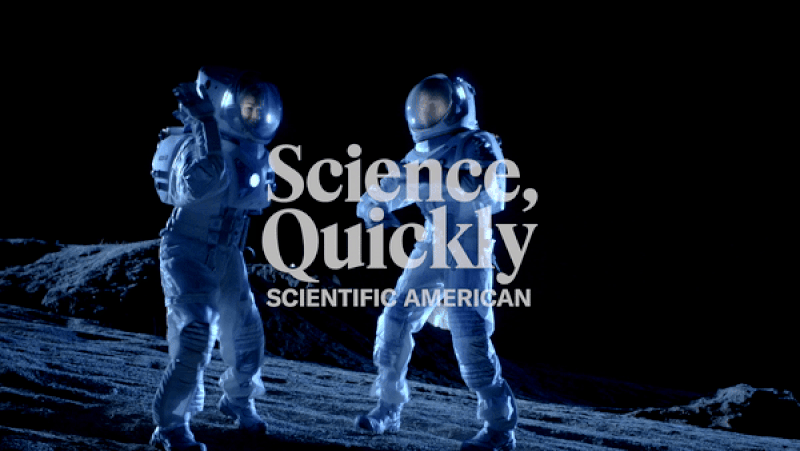Shawna Pandya: I think there must have been this rumor floating around NASA for the longest time that if they discussed sex in space, they would go blind or something like that.
Lee Billings: Today we’re talking about the big bang but not in the way you probably think. We’re talking about sex—specifically, sex in space. It’s a topic NASA and other space agencies have treated as taboo for decades—because let’s be real — nobody wants to explain to Congress why taxpayer dollars would be spent on something so titillating.
This prudish, head-in-the-sand approach worked well enough for managing the straitlaced, Boy Scout–like and overwhelmingly male astronaut crews of half a century ago. But today, with human spaceflight booming as never before and more and more everyday people signing up to someday slip Earth’s surly bonds, figuring out how folks will stay healthy and happy in orbital habitats is actually kind of important—and sex is a fundamental part of that complex equation.
On supporting science journalism
If you’re enjoying this article, consider supporting our award-winning journalism by subscribing. By purchasing a subscription you are helping to ensure the future of impactful stories about the discoveries and ideas shaping our world today.
I’m Lee Billings, senior editor for space and physics at Scientific American, and this is Science, Quickly.
[CLIP: Intro music]
Billings: Our guests today are two experts on “space sexology” (yes, that is a real thing): Simon Dubé, a research psychologist at the Kinsey Institute, and Shawna Pandya, director of the Space Medicine Group at the International Institute for Astronautical Sciences. And they’re here to tell you everything you’ve always wanted to know about sex in space but were perhaps too afraid to ask.
Simon Dubé: Thank you for having us.
Billings: We are here to talk today about sex—in space. Is sex seen as somehow verboten, or somehow forbidden, not to ever be discussed within NASA…
Read the full article here







